Unveiling the Role of Human-Machine Interfaces in Industrial Automation
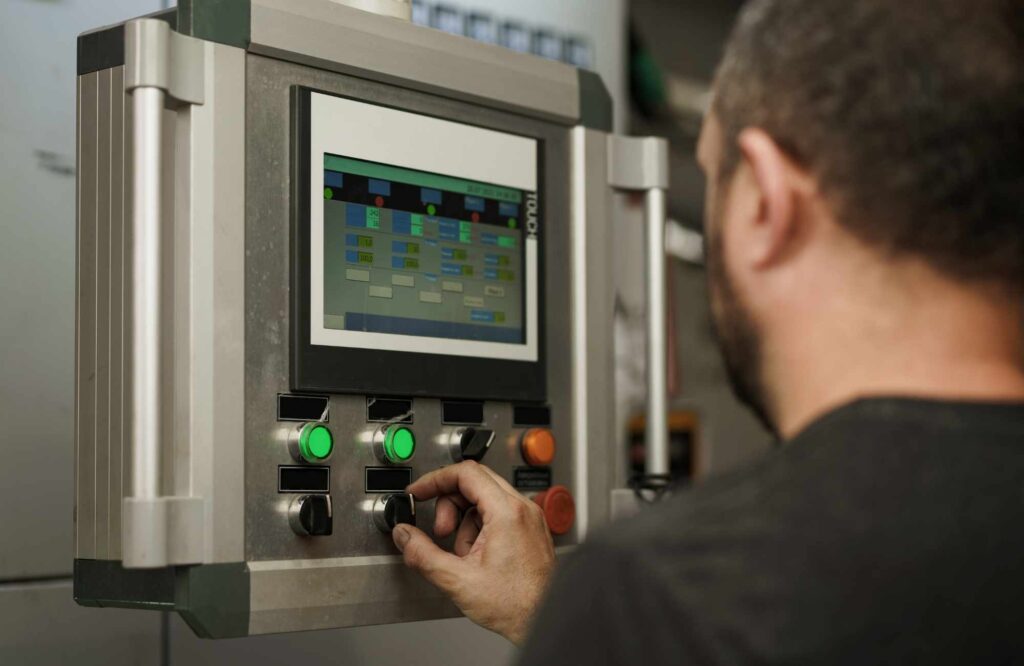
In the ever-evolving world of industrial automation, the connection between humans and machines has become more crucial than ever. Human-Machine Interfaces (HMIs) serve as the bridge that allows operators to interact seamlessly with complex industrial systems. This article explores the significance of HMIs, their types, and their future in industrial environments. Dive in to discover how HMIs optimize processes, reduce human error, and shape the future of industrial operations.
Understanding PLC System Integrators: The Key to Effective Control System Integration
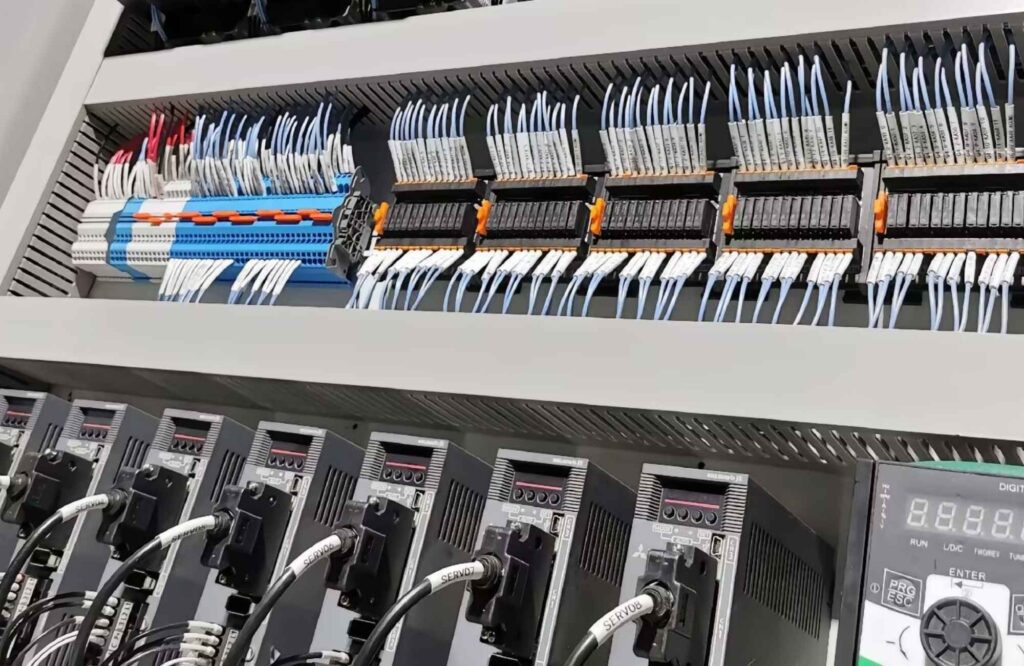
In the rapidly advancing world of industrial automation, the role of PLC system integrators has become more critical than ever. If you’re looking to optimize your operations, reduce downtime, and increase productivity, understanding what PLC system integrators do is essential. This article will guide you through the importance of control system integration and how PLC system integrators can transform your business processes.
Top PLC Manufacturers: The Best Brands in Programmable Logic Controllers
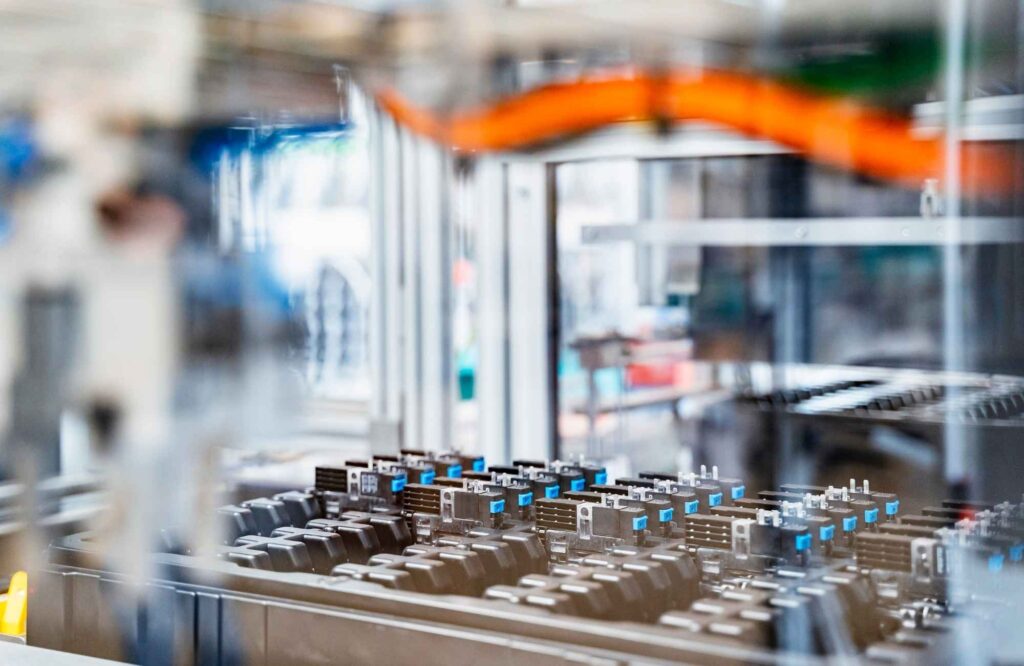
Programmable Logic Controllers (PLCs) are the heart of modern industrial automation. They control machinery, processes, and factory assembly lines, making operations more efficient and reliable. This article dives into the world of PLC manufacturers, exploring the leading PLC brands that power industries worldwide. Whether you’re new to automation or looking to upgrade your systems, understanding the top players in the PLC market is essential.
What is an Automation System?
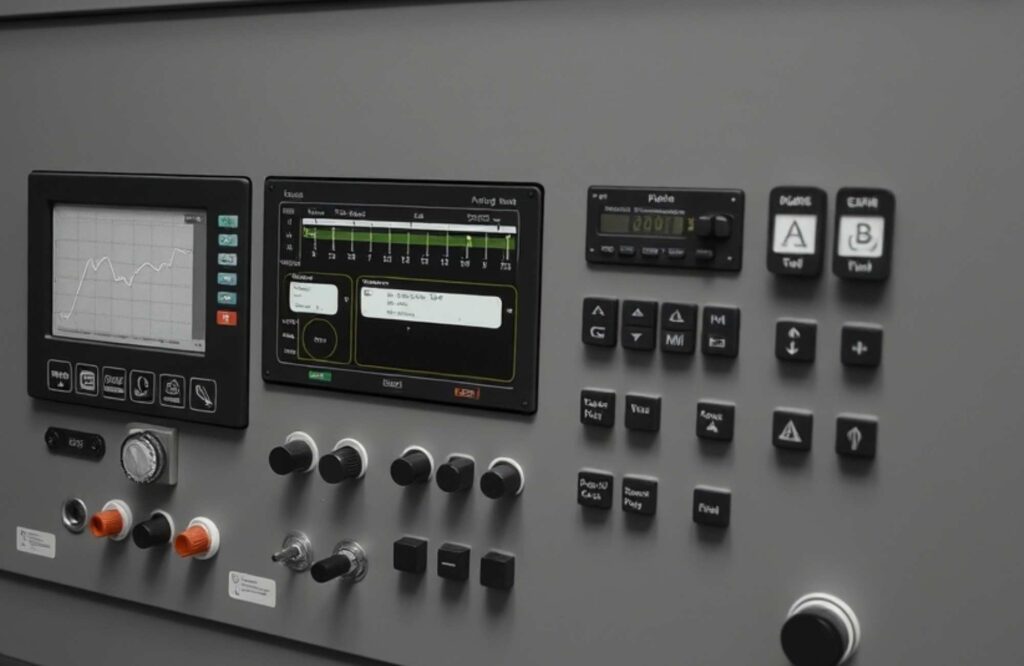
Automation systems have become the backbone of modern industries, transforming how we produce goods and services. This article dives into what an automation system is, the different types of automation, and why they are crucial in today’s world. By the end, you’ll understand how automation impacts industries and everyday life, making this a must-read for anyone curious about the future of technology.
Transforming the Future of Industrial Automation: Insights for Automation Engineers
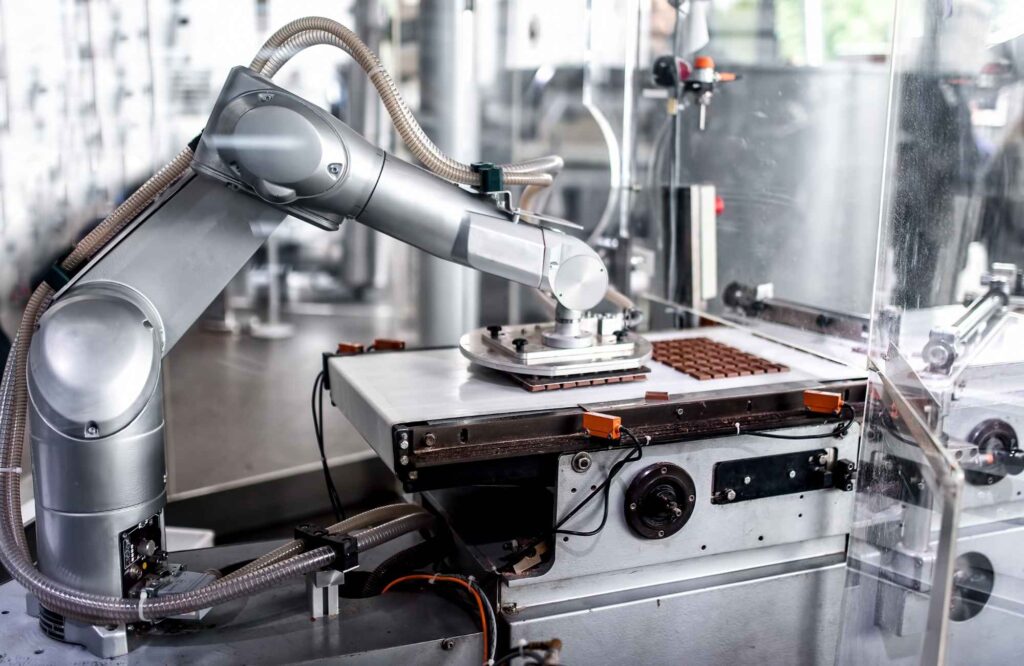
Step into a world where machines think and processes are automated. Industrial automation is transforming industries, reshaping how we manufacture, control, and deliver products. This article explores the evolution, benefits, and future of industrial automation, providing valuable insights into how it’s transforming the way we live and work.
What Is a PLC Panel? A Guide to Electrical Automation
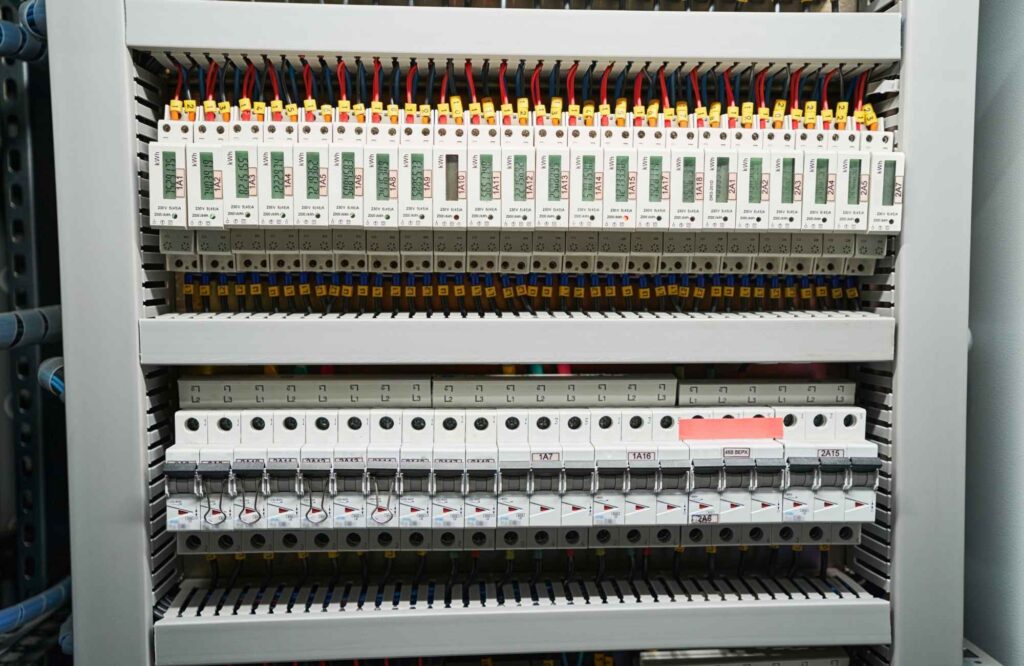
The PLC control panel is the cornerstone of modern industrial automation, orchestrating complex processes with precision and efficiency. Understanding what a PLC panel is and how it functions is essential for anyone involved in industrial operations. This comprehensive guide will illuminate the world of programmable logic controllers and their pivotal role in automating industrial processes.
Can I use PC instead of PLC?
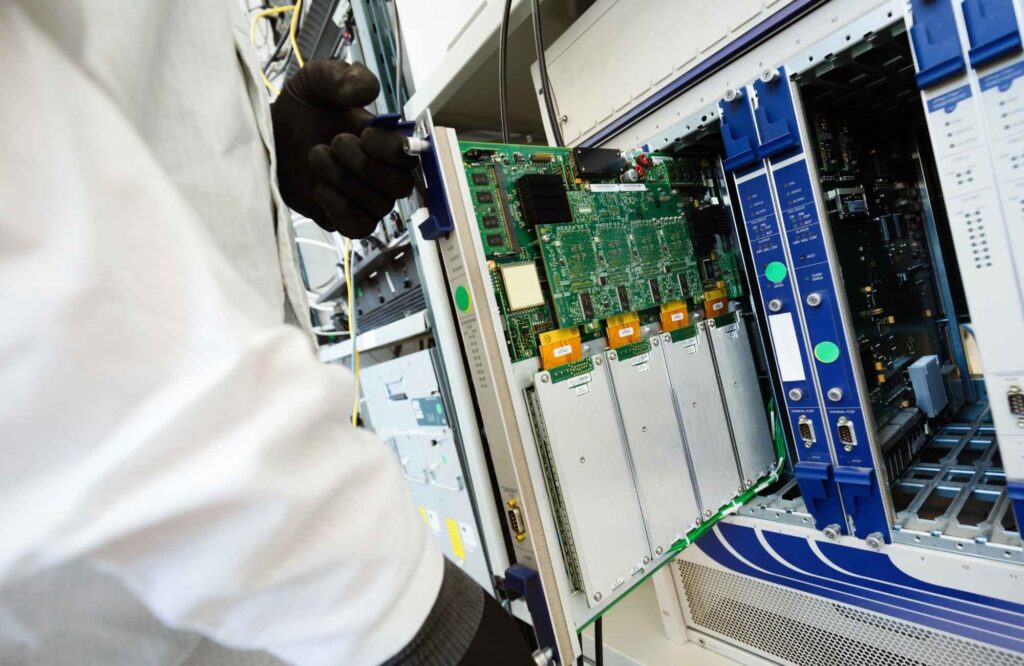
In the ever-evolving world of industrial automation, a pressing question often arises: Can I use a PC instead of a PLC? With the advancements in technology, both PLCs (Programmable Logic Controllers) and PCs (Personal Computers) have become integral in controlling industrial processes. This article explores the major differences between these two control options, helping you decide which is best suited for your automation system.
Allen-Bradley vs ABB: Which Is Best for Industrial Automation?
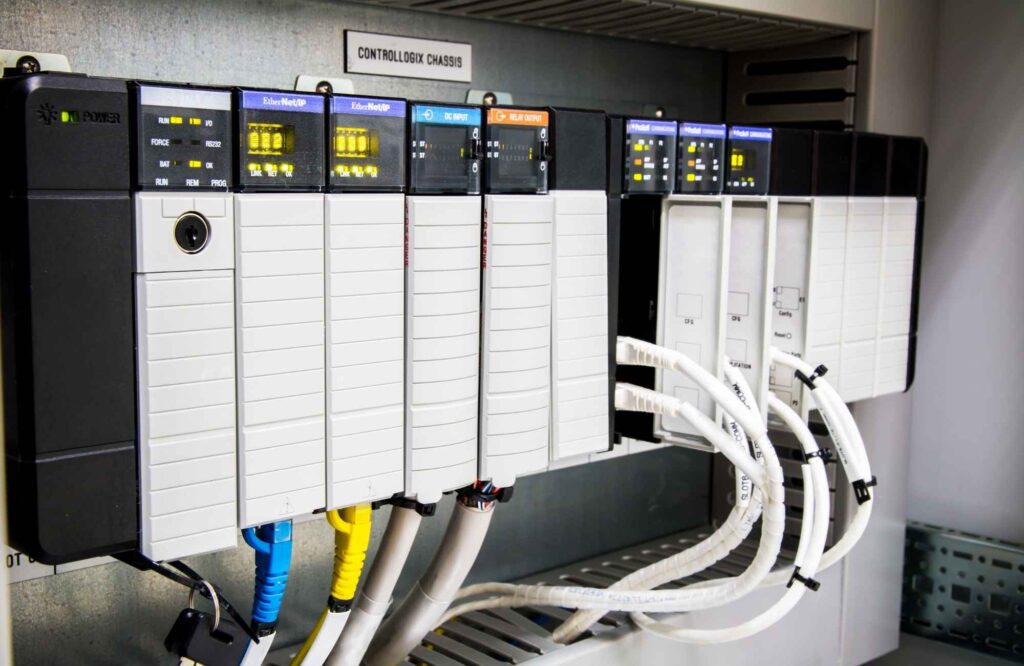
In the fast-evolving world of industrial automation, two names often stand out: Allen-Bradley and ABB. Both are giants in the industry, offering cutting-edge solutions like PLCs, VFDs, and controllers. But are they the same? This article delves into the intricacies of these two brands, comparing their offerings to help you make informed decisions for your control systems.
Which PLC is Mostly Used in Industry? Top PLCs Explained
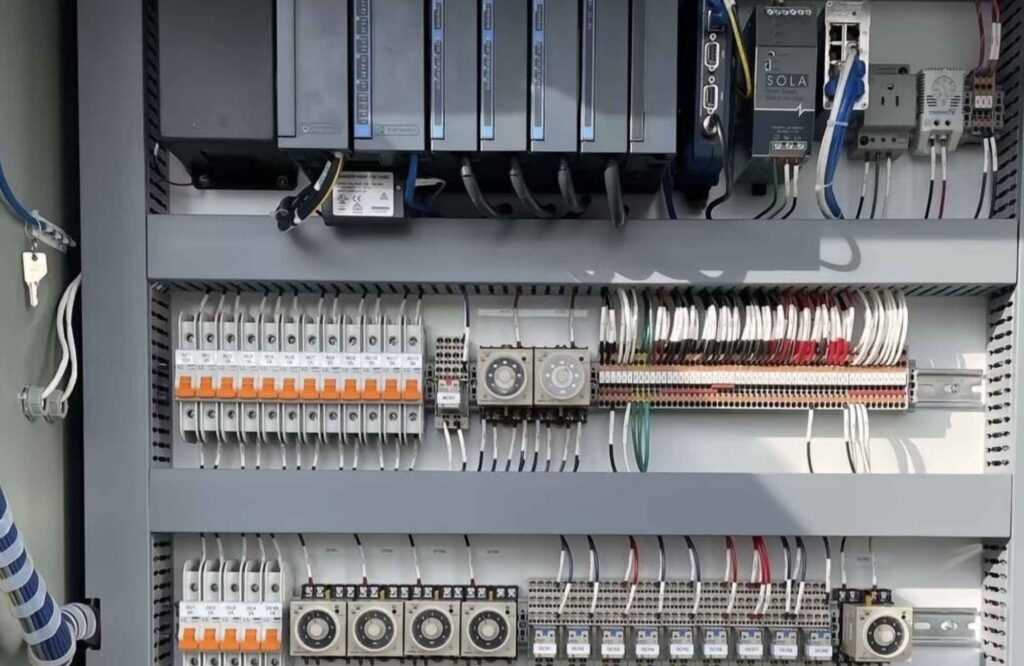
In the ever-evolving automation industry, one question frequently arises: Which Programmable Logic Controller (PLC) is mostly used in industrial applications? Understanding the landscape of PLC manufacturers and their offerings can help professionals make informed decisions for their automation needs. This article explores the most popular PLC brands, their features, and why they dominate the industrial automation sector.
Understanding PLCs: Uses of Programmable Logic Controllers
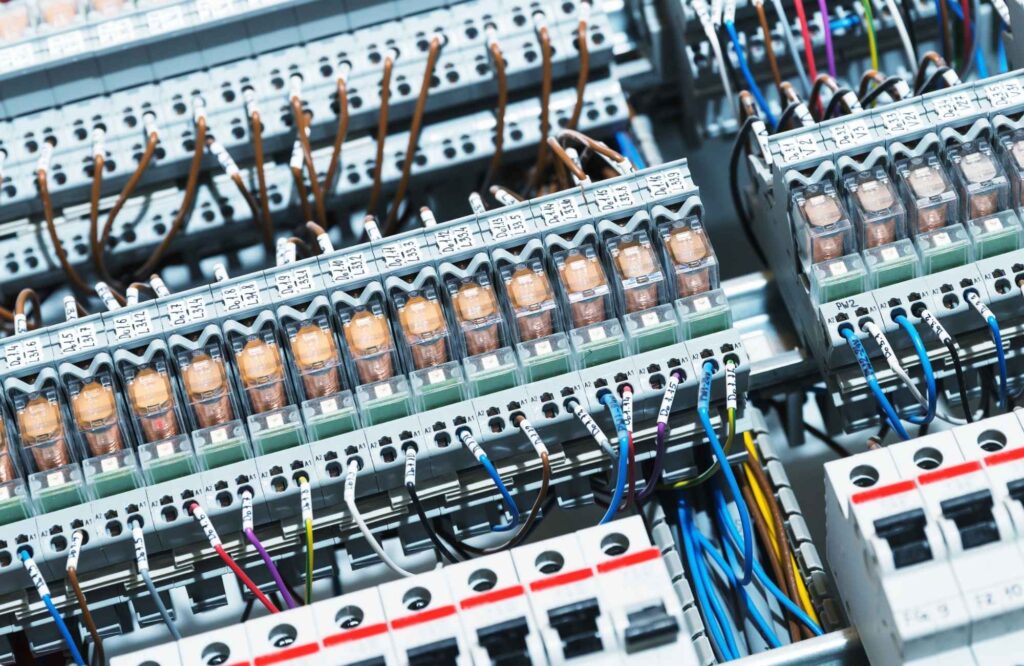
Programmable Logic Controllers (PLCs) have become an integral part of modern industrial automation. If you’ve ever wondered how complex machinery and production lines perform tasks with such precision, the answer lies in the use of PLCs.
